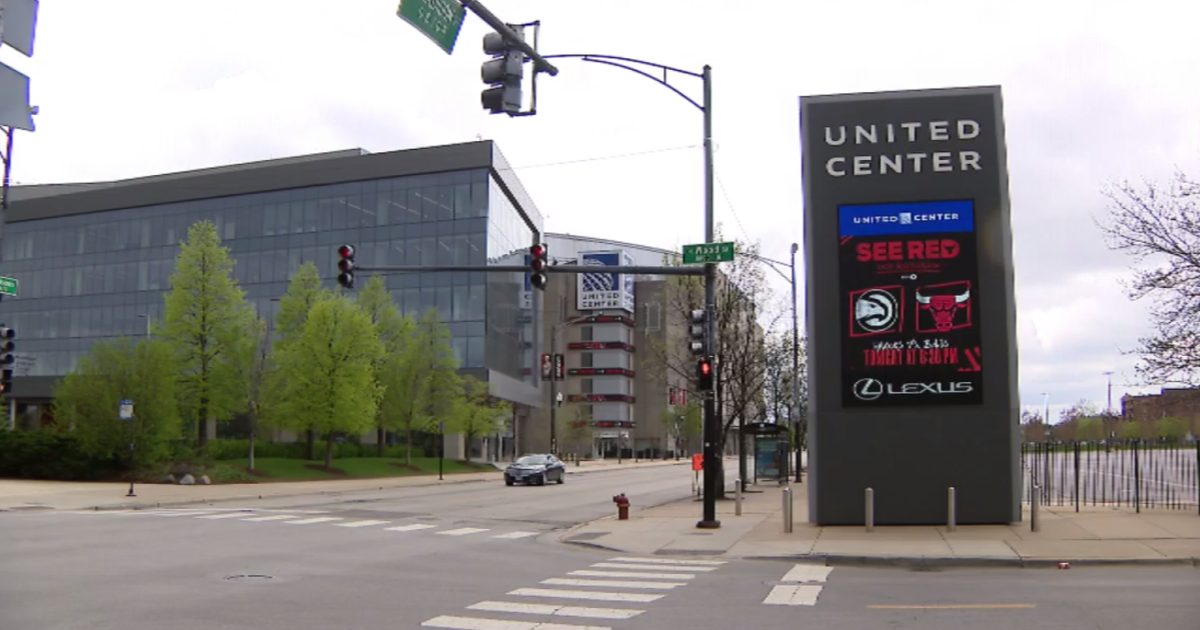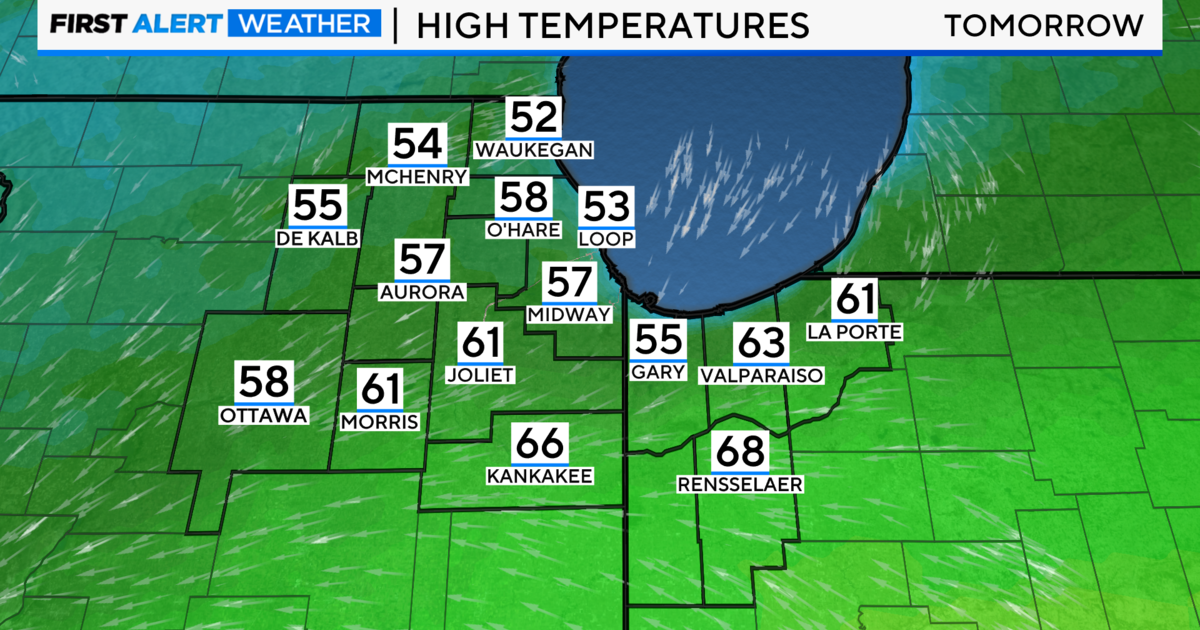CBS 2 School: Walk This Way
This is another in our a series of blogs dedicated to our enduring Constitution. The United States Constitution represents the most long-standing government in human history. Its stability is remarkable. As we stick with our original founding document the 2 Teachers will assess what it is that makes our Constitution so sticky.
We invite your commentary. Tell us your favorite sticking points.
To "amble" means to walk.
"Pre" is a prefix meaning "prior to."
A Preamble must mean coming before our learning to walk. This is an appropriate way to look at the Preamble to our United States Constitution. Before we govern we best consider what governing looks like. Our founding fathers prepared us for governing by including a preamble in our constitution.
Its words still instruct:
"We the People of the United States, in Order to form a more perfect Union, establish Justice, insure domestic Tranquility, provide for the common defense, promote the general Welfare, and secure the Blessings of Liberty to ourselves and our Posterity, do ordain and establish this Constitution for the United States of America."
What does it mean? What authority does our Preamble have? We turn to the Supreme Court for help.
"Although th[e] preamble indicates the general purposes for which the people ordained and established the Constitution, it has never been regarded as the source of any substantive power conferred on the government of the United States, or on any of its departments," (See Jacobson v. Massachusetts, 1905)
"The preamble never can be resorted to, to enlarge the powers confided to the general government, or any of its departments. It cannot confer any power per se. It can never amount, by implication, to an enlargement of any power expressly given. It can never be the legitimate source of any implied power, when otherwise withdrawn from the constitution. Its true office is to expound the nature and extent and application of the powers actually conferred by the constitution, and not substantively to create them," (See United States v. Boyer, 1898).
"Reference has been made in the government's brief to the 'Welfare Clause' of the Constitution as if certain powers could be derived by Congress from said clause. It is not necessary to indulge in an extended argument on this question for the reason that there is no such thing as the 'Welfare Clause' of the Constitution," (See United States v. Kinnebrew Motor Co., 1934).
Seemingly our Constitutional Preamble serves to introduce us to "the highest law in the land" but in itself there is no legal authority. Yet in White v. Hart (1872) the Court reminded us by declaring, "The National Constitution was, as its preamble recites, ordained and established by the people of the United States. It created not a confederacy of States, but a government of individuals."
Those individuals still rule. Those individuals are us. Before we take our first step it behooves us to read the Preamble. In no small way it tells us where we will be walking.



